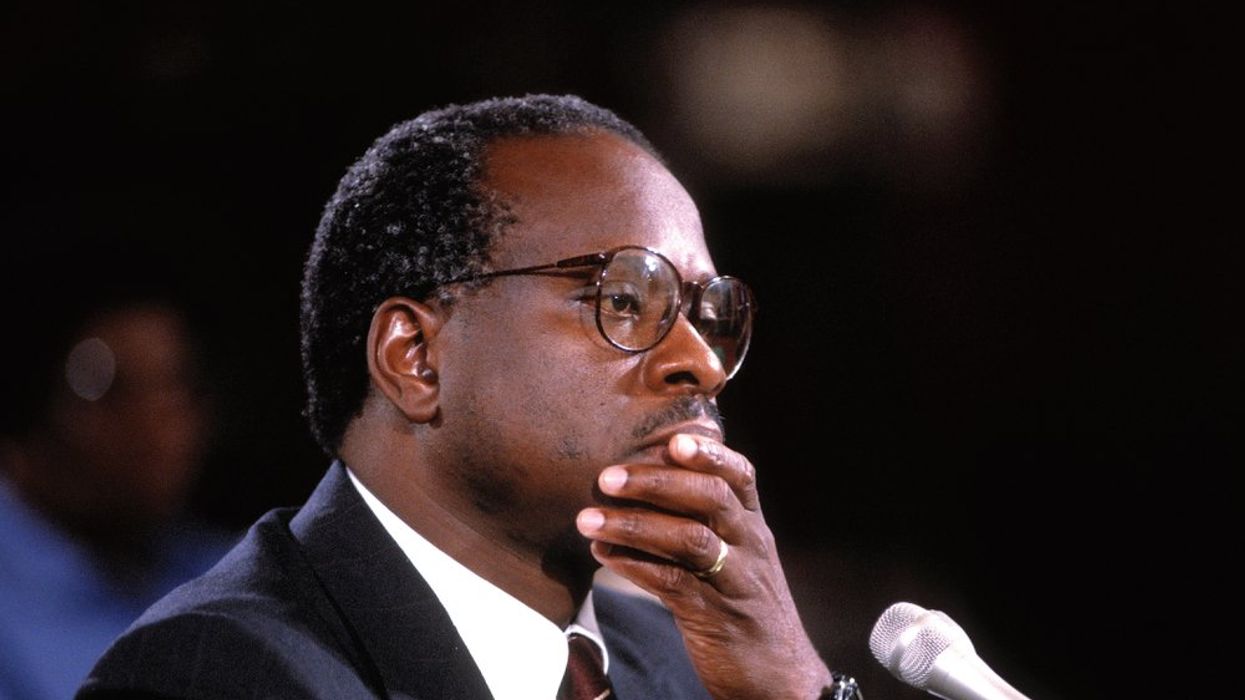Before he became one of the six conservative Supreme Court judges who prohibited the use of affirmative action, Clarence Thomas once said that the practice is “critical to minorities and women in this society.”
As a former chairman of the Equal Employment Opportunity Commission, Thomas previously told staffers in a 1983 speech that “God only knows where I would be today” without affirmative action practices.
“These laws and their proper application are all that stand between the first 17 years of my life and the second 17 years,” he said at the time.
Affirmative action has been debated since it was first introduced in 1978, when the SCOTUS of the time ruled that diversity brought "educational benefits," and that there is "governmental interest" in considering race when dealing with college admissions. Decades of research in social sciences support this consensus among universities in the U.S.
In 1980, Thomas served as a lawyer to former Republican Senator John Danforth, and sold himself on his positions in opposition to minimum wage laws, rent control, and affirmative action. He reportedly took issue with affirmative action because his Yale classmates assumed he was a beneficiary of it, something he seemingly admitted to in his 1983 speech.
Before then, Thomas told The Washington Post in 1980 that “if I ever went to work for the Equal Employment Opportunity Commission or did anything directly connected with Blacks, my career would be irreparably ruined." In 1982, less than two years later, former president Ronald Reagan appointed Thomas as chairman of the EEOC.
While Thomas said in his 1983 speech that “too much posturing has taken place on issues such as affirmative action,” he recognized that legal action must be pursued to address unequal employment opportunities for minorities and women.
“For the most part, they must be solved by applying legal principles of paramount importance to me,” he said. “But for them, God only knows where I would be today.”


















































